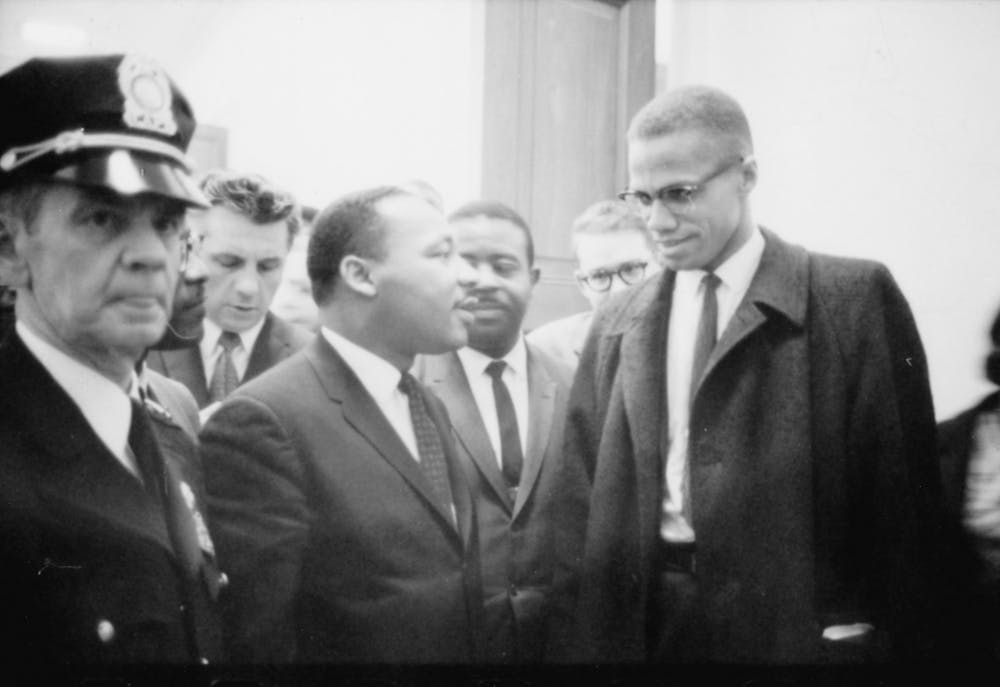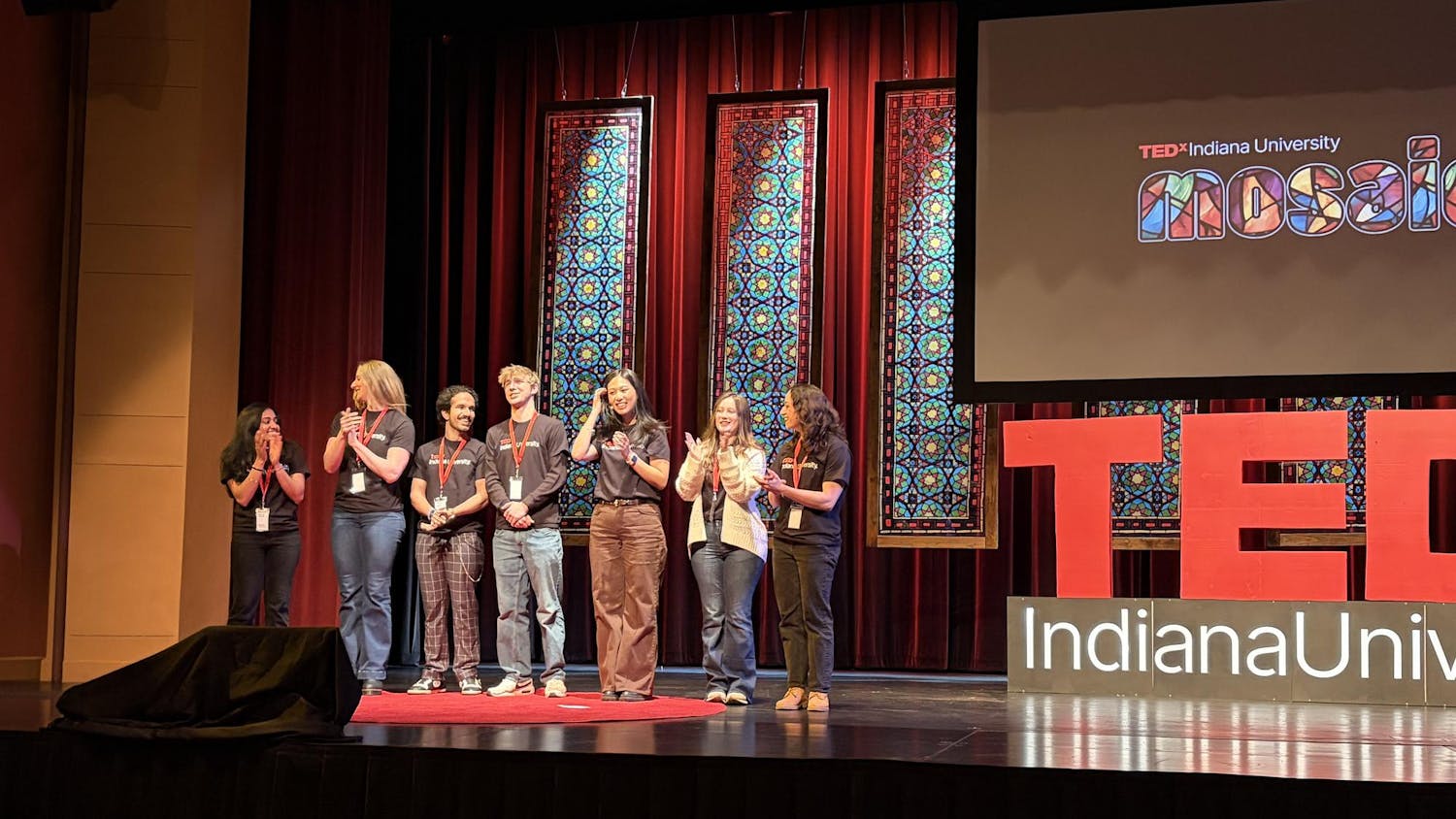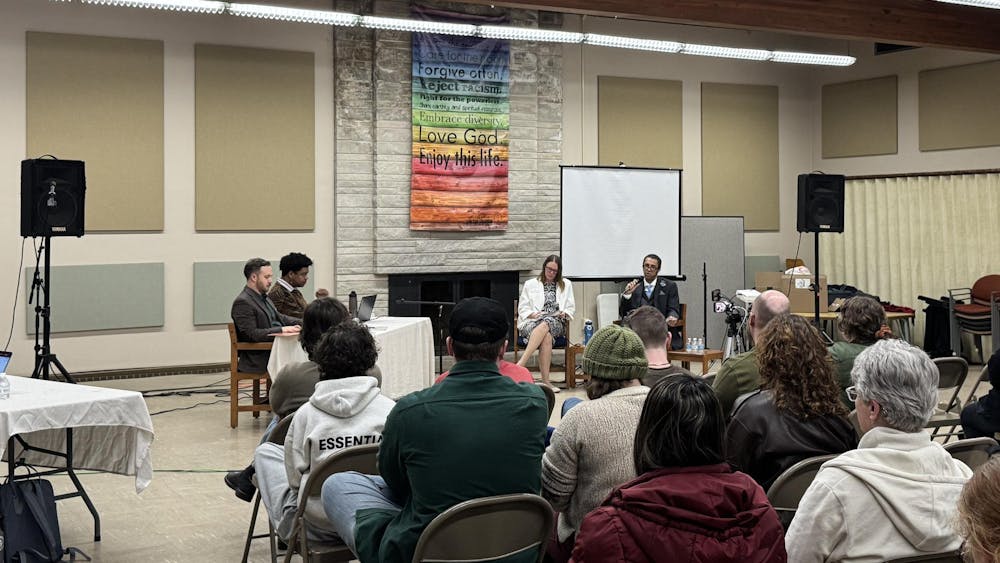There’s a joke amongst leftists that every conservative politician must at some point evoke Martin Luther King Jr.’s “I Have a Dream” speech while simultaneously undermining his legacy. They all do it — it’s a rite of passage.
Florida Gov. Ron DeSantis did it last December as he introduced the ridiculously named Stop WOKE Act, which allows parents to sue schools if they believe their children are being taught critical race theory, which is the idea that race is a social construct used to exploit and oppress people of color.
What’s happened to King has happened to the entire civil rights movement. Vladimir Lenin’s “The State and Revolution” describes the phenomenon perfectly; during revolutionaries’ lives, they are maligned and hounded by the oppressing classes, only to be canonized and turned into “harmless icons” after their deaths for the consolation of the oppressed.
King was a radical socialist who vocally opposed the Vietnam War, advocated for civil disobedience and constantly criticized liberals and conservatives. He was met with the utmost hostility. More than 60% of Americans polled in the 1960s had an unfavorable opinion of King, and when he was assassinated, nearly one-third said he brought it upon himself.
Now he has a holiday, and his ideals — along with those of his movement — have been vulgarized and obscured lest anyone remember what they were. Do conservatives know King delivered the “Dream” speech at the 1963 March on Washington for Jobs and Freedom?
Black Americans faced discrimination in the workforce and were anything but free. Today, despite the movement’s gains, white job candidates are typically “more employable” based on racial stereotypes and implicit biases, and Black people are consistently unemployed at twice the rate of white people. But sure, critical race theory is our biggest problem.
Conservatives invent problems instead of addressing real ones. Economic inequality, institutional racism and police brutality — these are real issues. Just last week, Amir Locke was killed in his sleep by a police officer in Minneapolis. He did nothing wrong — the police went to the wrong apartment. But conservatives and liberals won’t hear of defunding the police.
Yes, liberals are part of the problem, too. They’re guilty of the same revisionism and sanitization of history. Where conservatives invent fake issues, liberals invent fake solutions to real issues. Liberals paint “Black Lives Matter” on the street but oppose reparations for slavery.
A year ago, Democratic Sen. Cory Booker celebrated Black history month by sharing this quote from Black Panther Fred Hampton on Twitter:
Booker left out the last part of Hampton’s quote: “We say you don’t fight capitalism with no Black capitalism; you fight capitalism with socialism.”
Such shameless revisionism is consistent with my own education. The civil rights movement is a week in a high school history class: racism was bad, King delivered a speech, and Rosa Parks was the only woman involved. And a short time later, Barack Obama’s presidency ushered in a new, supposedly post-racial America.
Upon further study, many civil rights activists wanted to see an end to segregation, police brutality and capitalism. They won’t tell you these were the goals of the 1960s because then you’d realize these issues still exist and need to be abolished. More than 80% of large metropolitan areas in the US were more segregated in 2019 than in 1990, according to Time Magazine.
It’s a tragedy history books say the civil rights movement ended. The movement was squashed by the government and complacent liberals, but we must continue the work. A world without racism, economic exploitation and state brutality was the goal in the 1960s, and it must be ours, too.
My argument is best summarized by author, activist (and socialist) James Baldwin, who described why it’s necessary to learn Black history — especially if you’re white and had an inadequate education like I did:
“You never had to look at me,” he said. “I had to look at you. I know more about you than you know about me. Not everything that is faced can be changed; but nothing can be changed until it is faced.”
Jared Quigg (he/him) is a sophomore studying journalism and political science.






